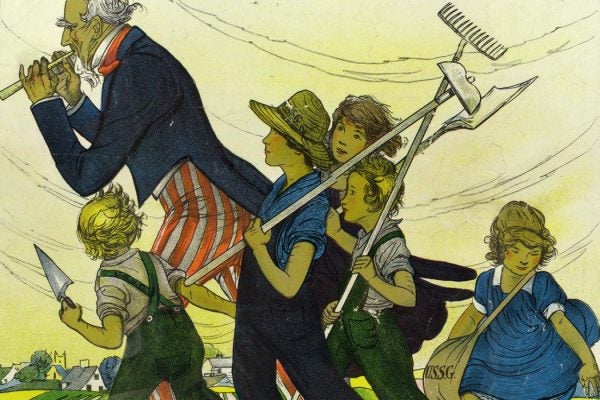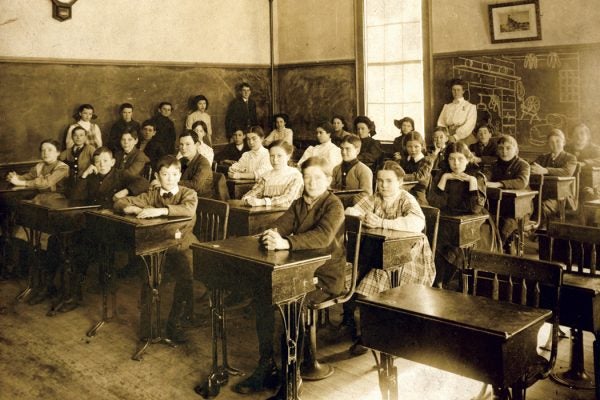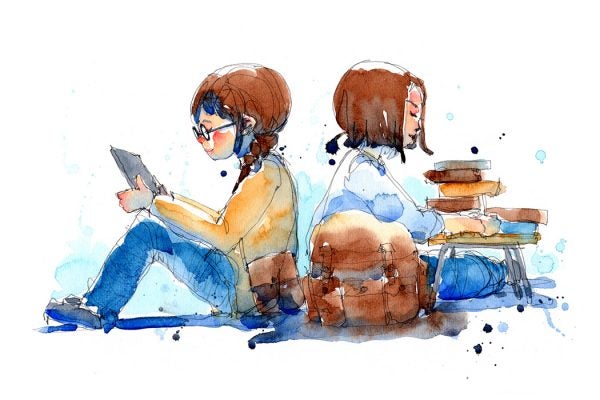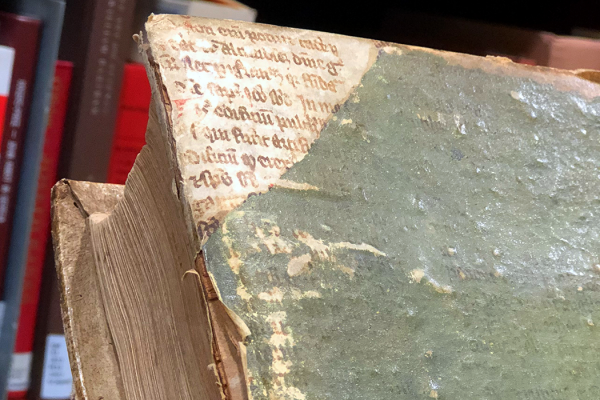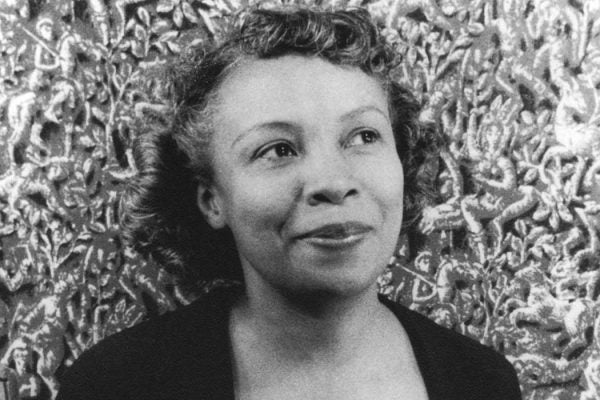The First School Gardens
In the early 1900s, immigration and child labor laws resulted in growing numbers of schoolchildren. Gardens were seen as a way to keep them under control.
When Home Ec Classes Borrowed Babies
In the early-to-mid 20th century, foster children in Canada and elsewhere were placed in practice homes and cared for by home economics students.
White Women’s Role in School Segregation
White American women have long played significant roles in maintaining racist practices. One sociologist calls the phenomenon "social mothering."
Is Fan Fiction a Helpful Literacy Tool?
Some teachers are adapting to the internet age by trying to understand the "new literacies" of today's students.
Why School Is Boring
The average student is bored about 1/3 of the time. But that might have more to do with the kids' temperaments than with school itself.
Autism Education, “Silent Sam,” and Regulating TV
New books and scholarship from UNC Press, The University of Texas Press, and Oxford University Press.
Brazil’s Museu Nacional Was More Than Just a Museum
Brazil's oldest natural history museum has burned down. The institution played a crucial part in creating Brazil's identity as a country.
A Progressive College’s Complicated Relationship with Race
Oberlin College was founded by religious idealists committed to abolitionism and integration. Then public attitudes began to shift.
Some Books Can Kill
Poisonous green pigments laced with arsenic were once a common ingredient in book bindings, paints, wallpapers, and fabrics. Yikes.
What Dorothy Porter’s Life Meant for Black Studies
Dorothy Porter, a Black woman pioneer in library and information science, created an archive that structured a new field.
